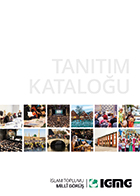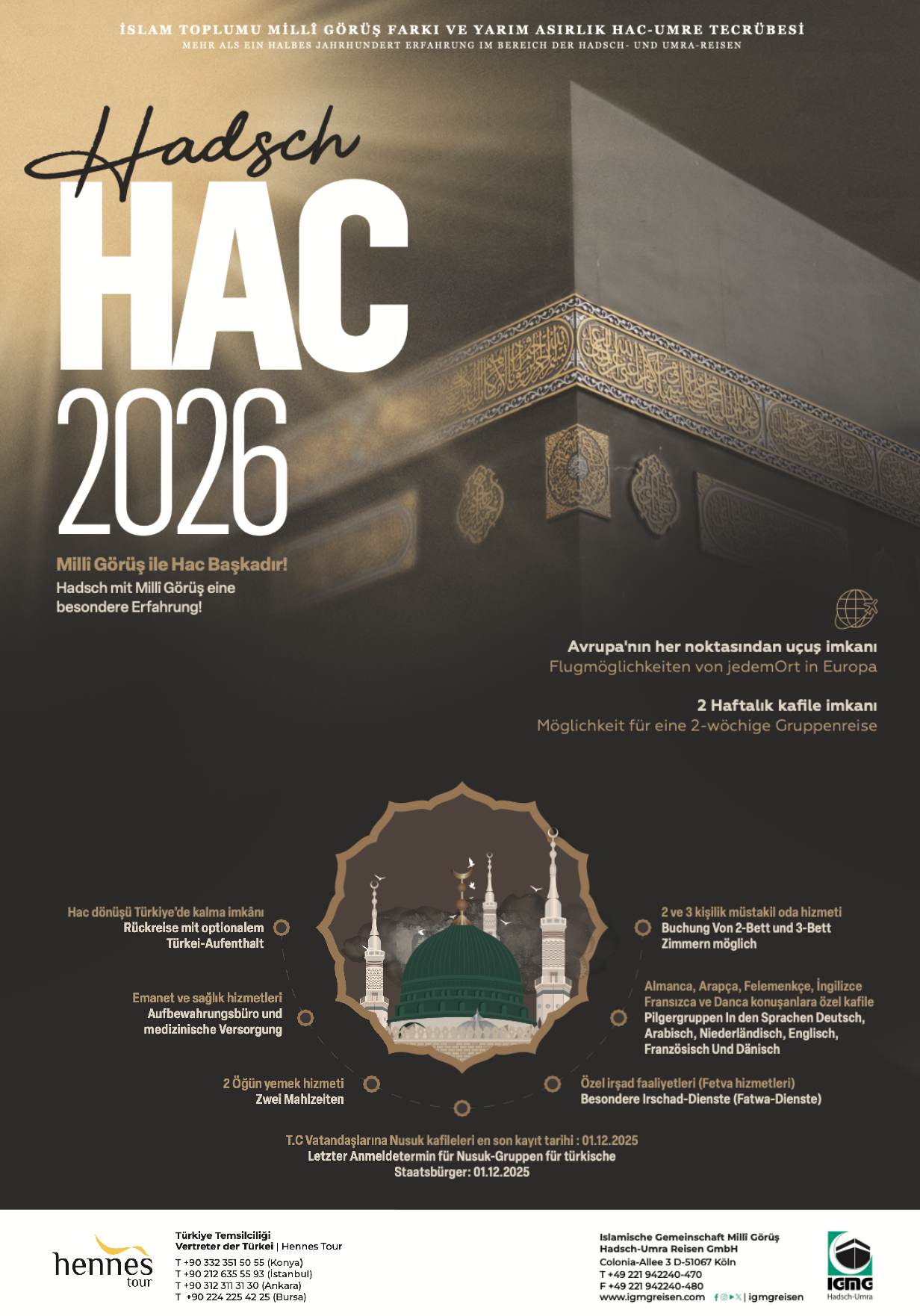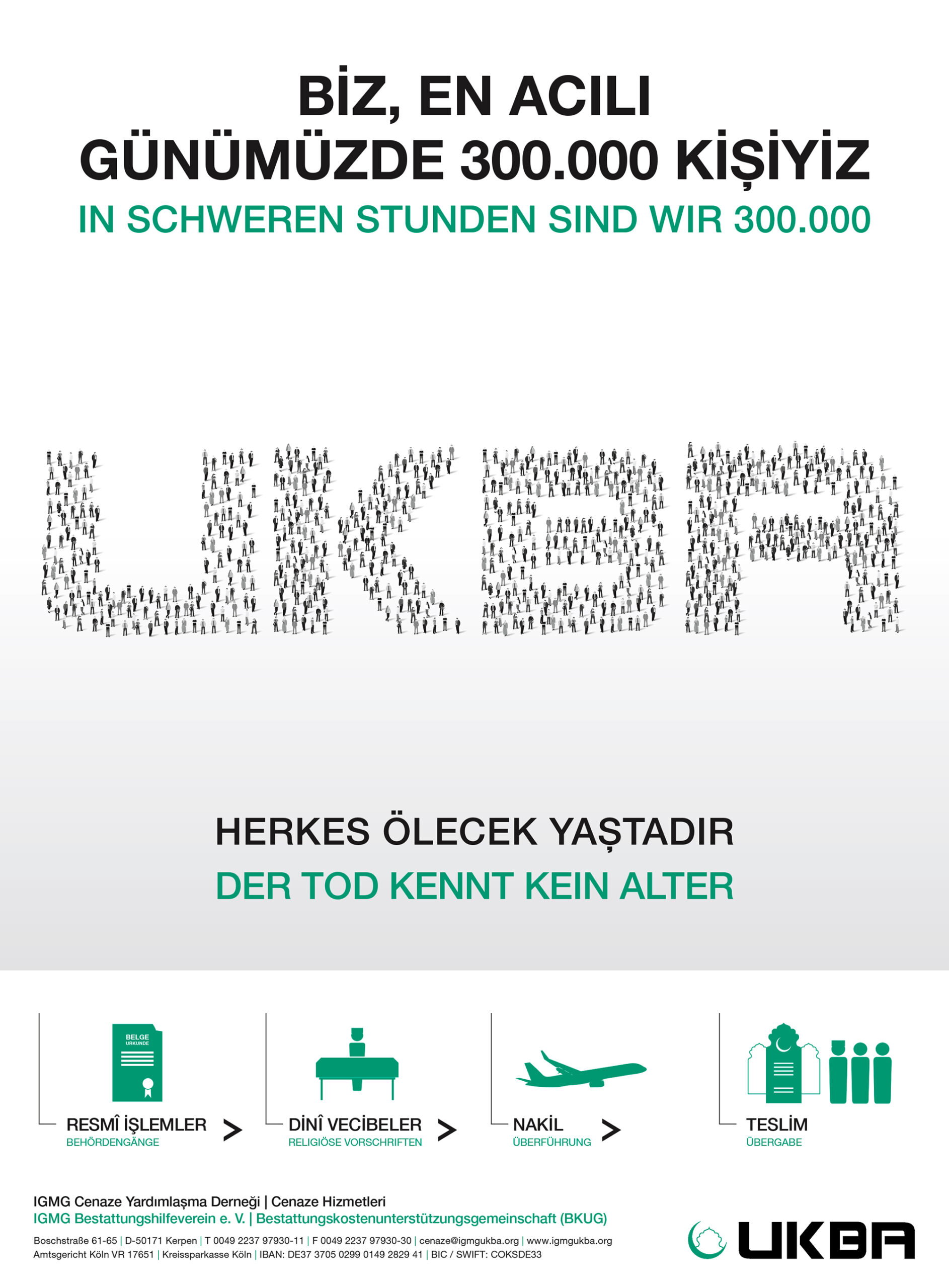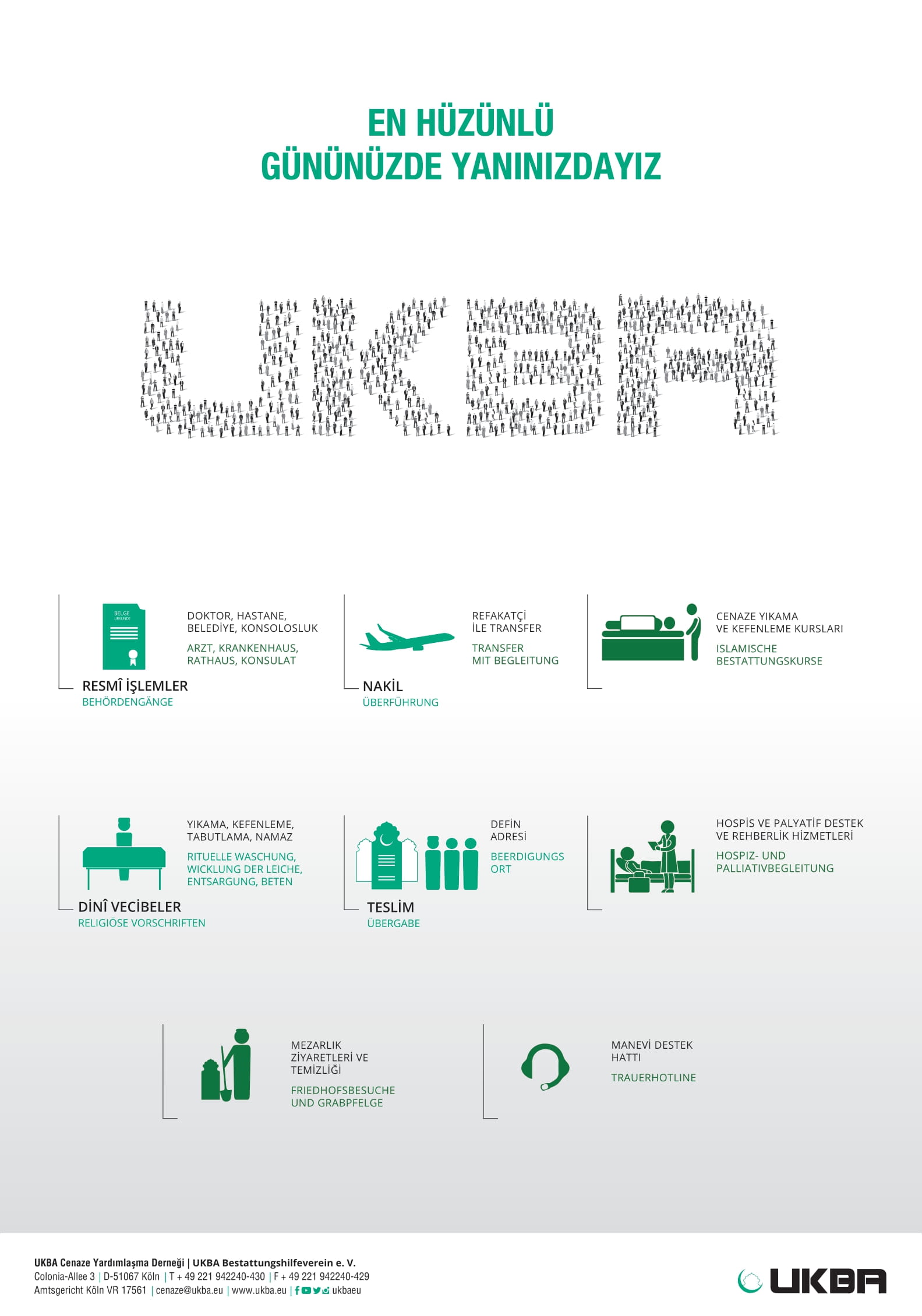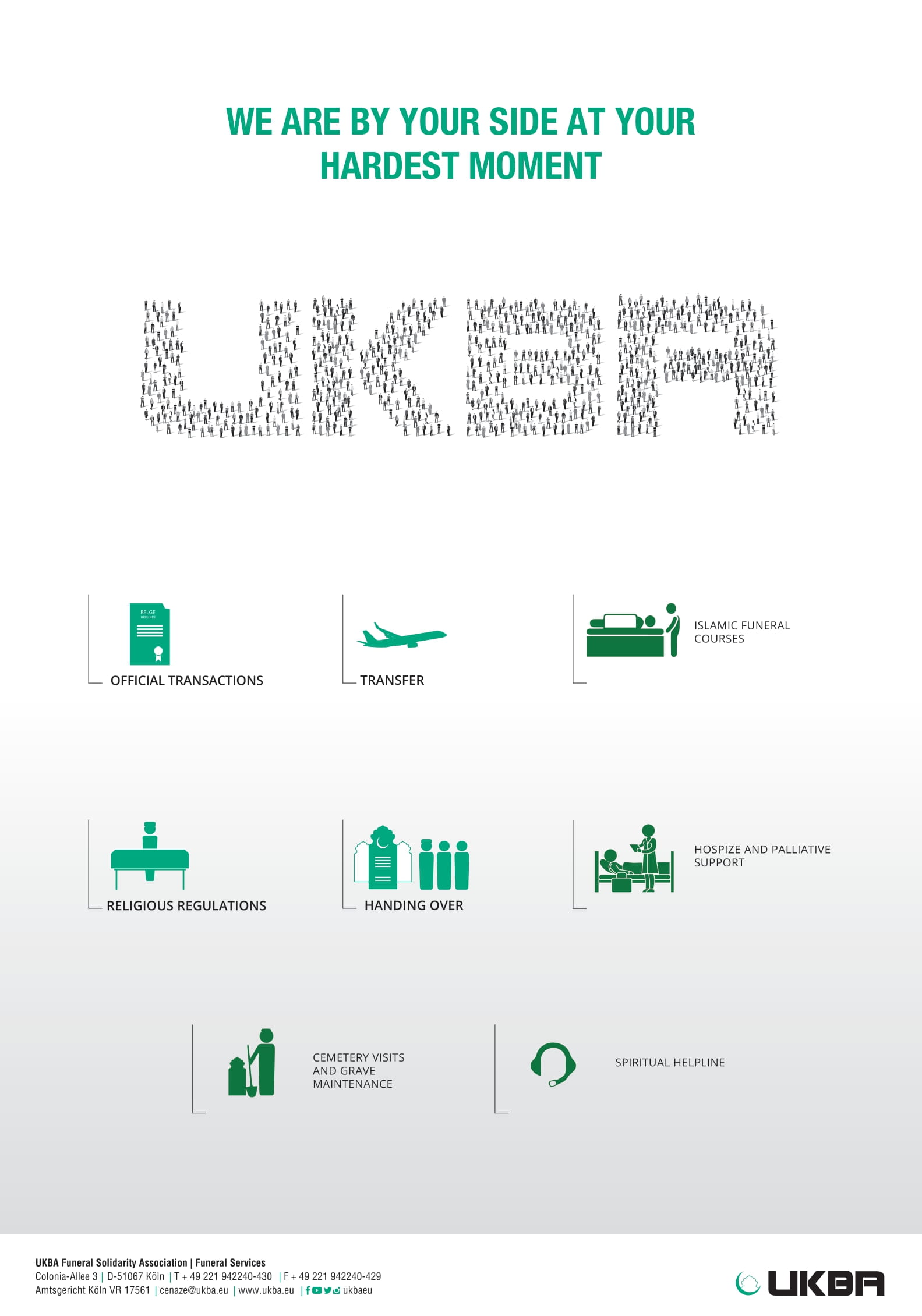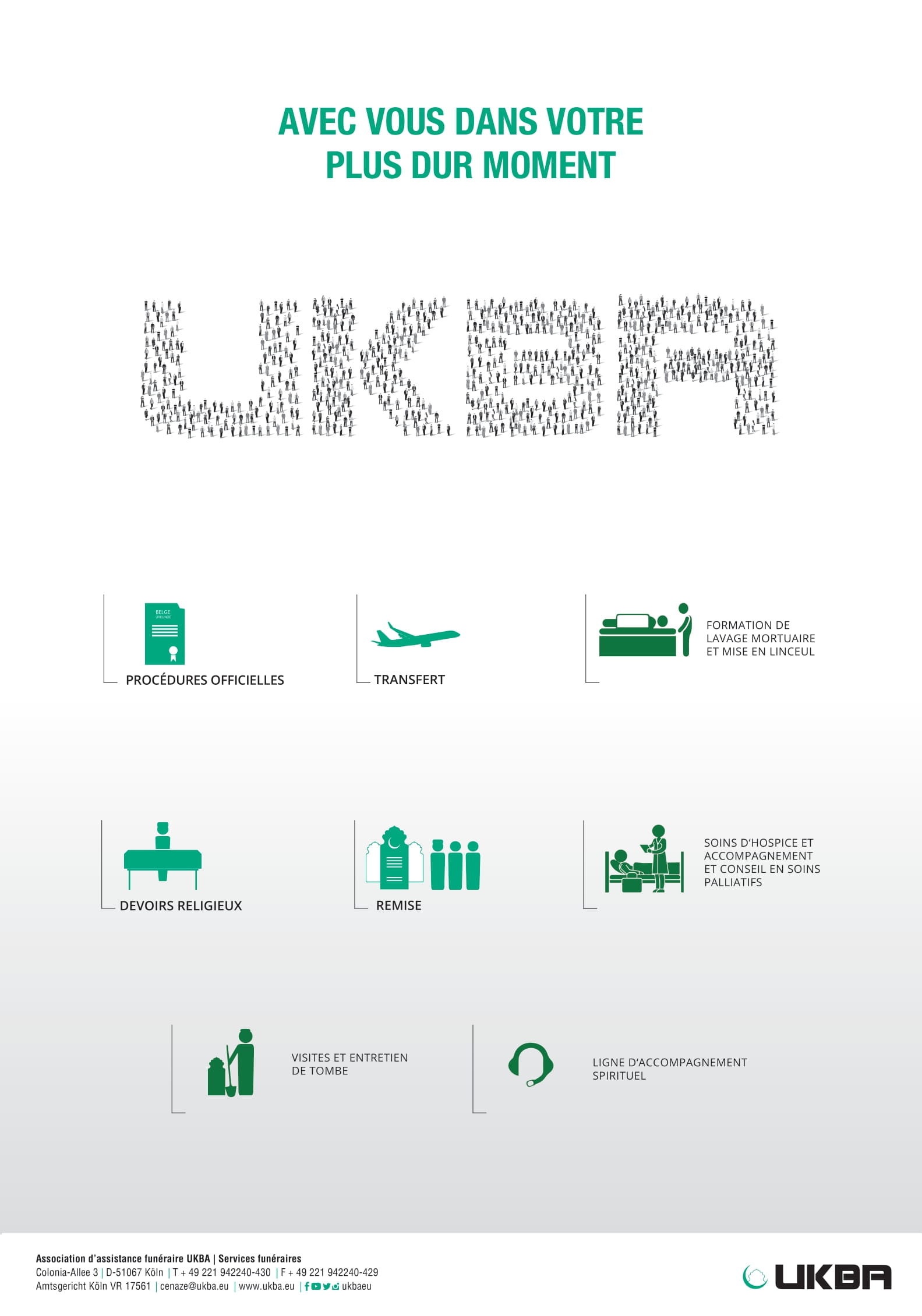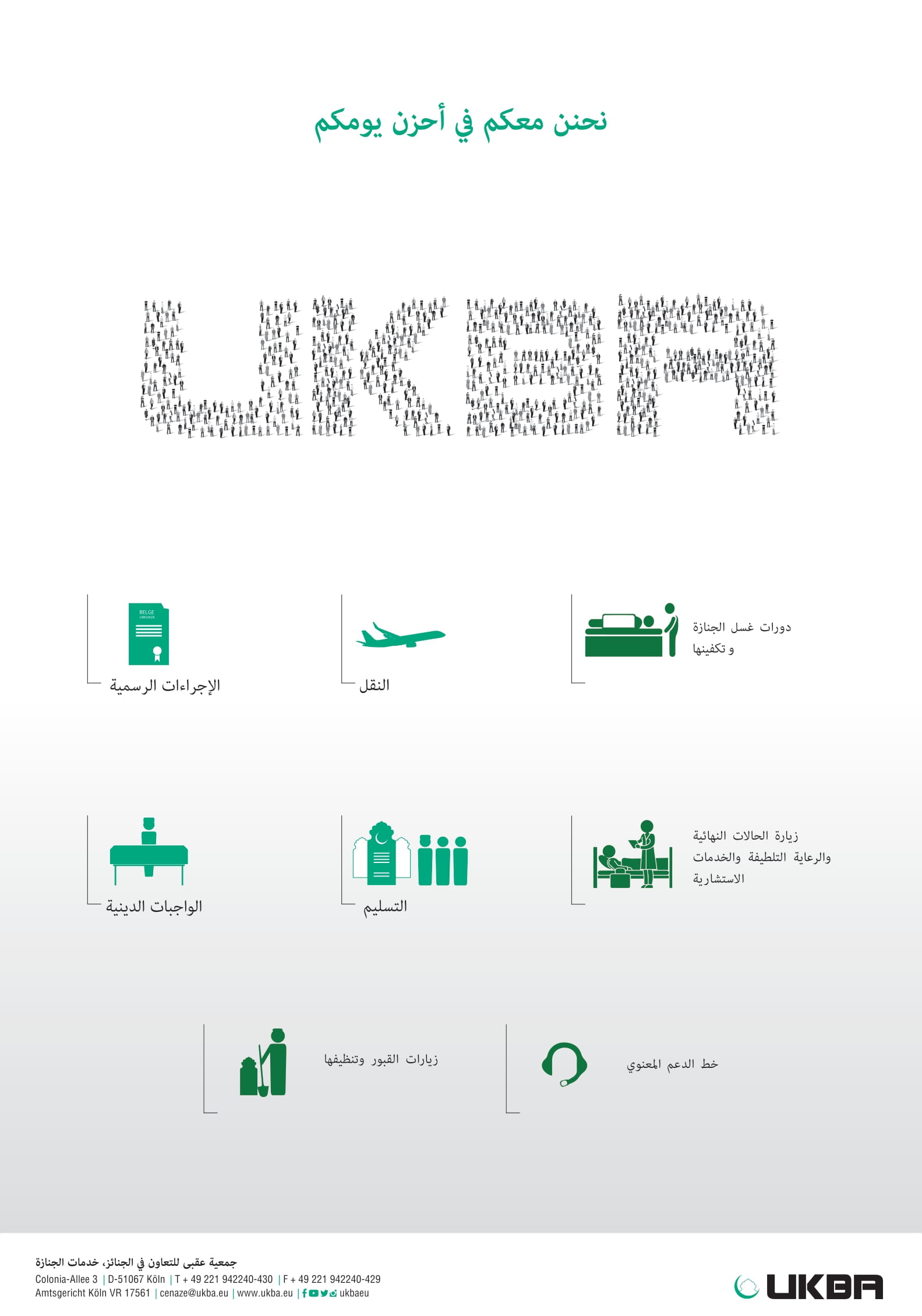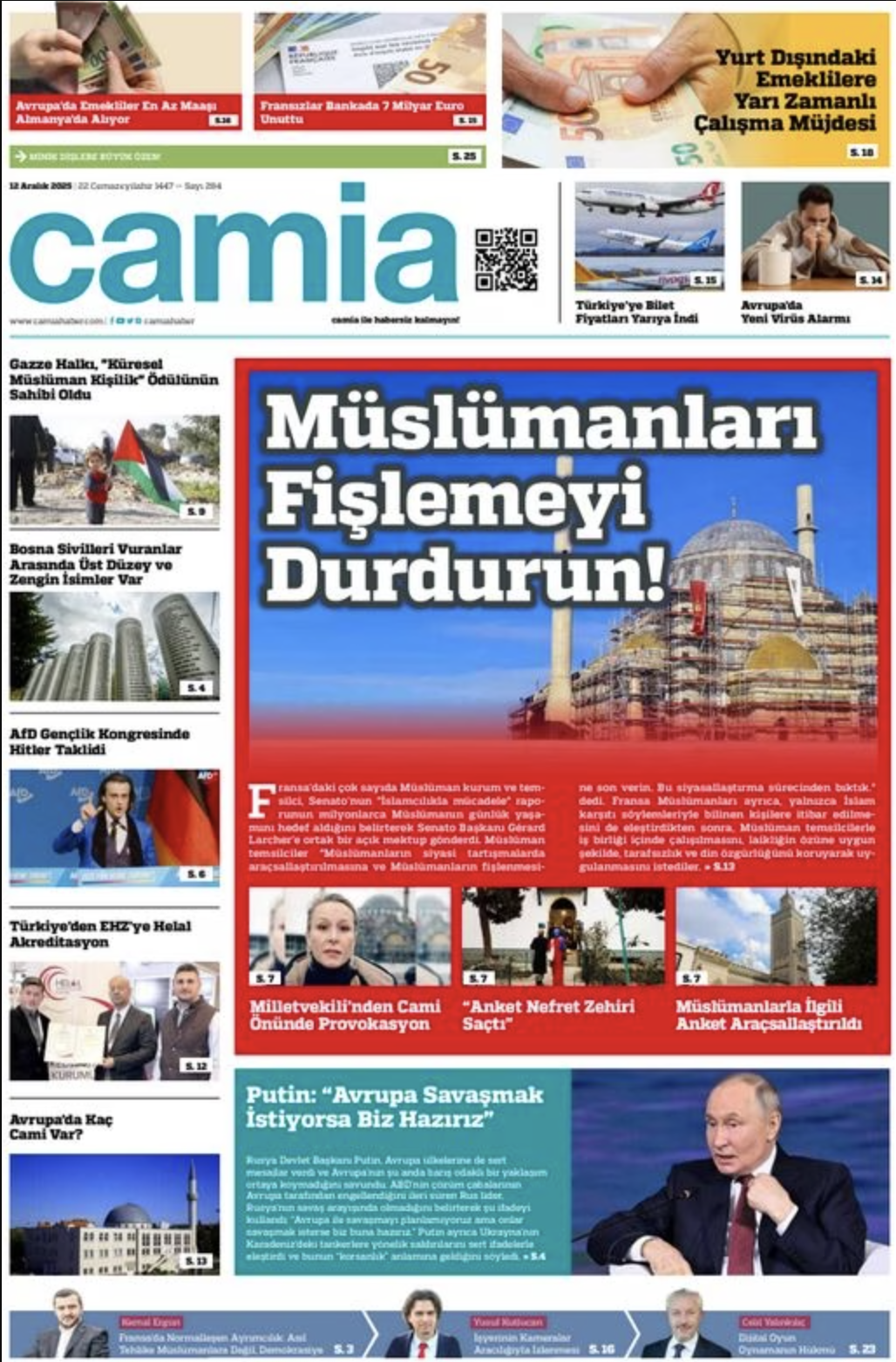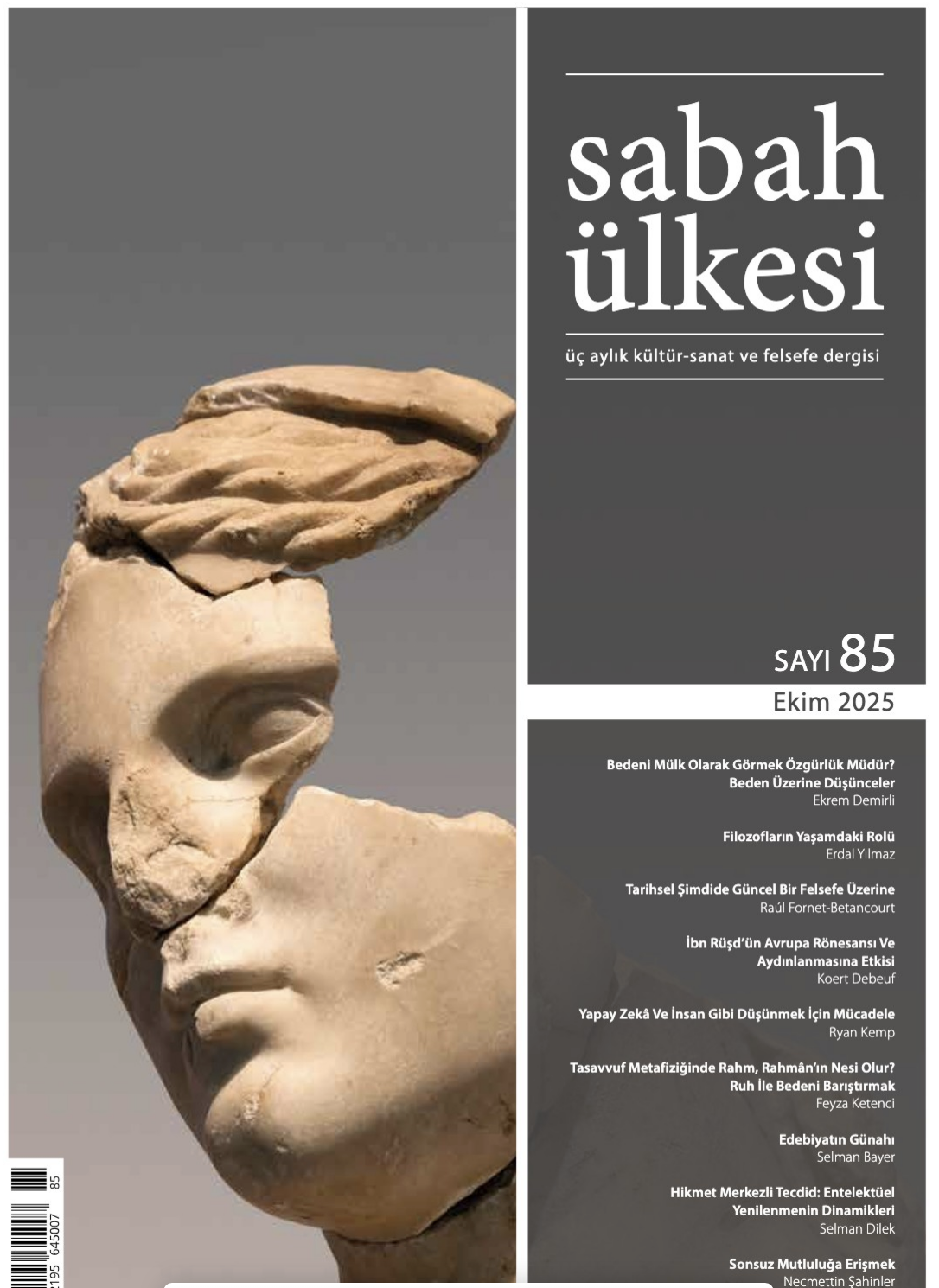Friday Khutba
Ethics in Trade
10. May 2024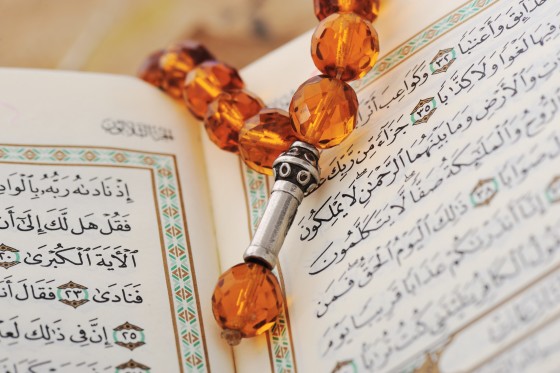
Dear Brothers and Sisters!
We live in a time where the body dominates the soul, the outward prevails over the inward, and the material overshadows the spiritual. We are in a time where materials that fulfill our needs are glorious. Our esteemed scholar briefly expressed these conditions with these words: “People are created to be loved. Things are meant to be used. The reason for the chaos in the world is that things are loved, and people are used.” The consequence of only tangible things being glorified and valued is that matters related to spirituality have been neglected. Things that can be bought and sold, and are subject to trade, have gained importance; while virtues, emotions, contentment, knowledge and consciousness, which are not subject to trade, have lost their value. However, our Allah (swt) describes believers as those “who are not distracted by trade or commerce from remembering Allah, establishing prayer, and giving zakat. They fear a Day in which the hearts and eyes will [fearfully] turn about.”[1] Engaging in halal trade is certainly legitimate for a Muslim. However, while pursuing worldly sustenance and earning a livelihood, one should not neglect the hereafter and should guard against being overly attached to the world.
Dear Brothers and Sisters!
Our noble religion, Islam, commands us to be ethical in every aspect of life, including in our business and trade practices. The Almighty instructs us: “And when you give measured, give justly. And weigh with an even balance. That is the best [way] and best in result.”[2]
In trade, it’s important to uphold the rights of others and not exceed limits. Let’s not waste our hereafter in the pursuit of profit. We must remember that behaving unethically in business, selling deceptive goods, would mean feeding our children with forbidden food. Furthermore, we should consider the other party in our trade dealings. Our noble Prophet (saw), who is a mercy to all worlds, prayed, “May Allah deal with mercy to the one who shows tolerance and ease when selling, buying, or seeking payment.”[3] He outlined the framework of how our attitude should be in our commercial activities. Especially in our society where we serve as examples with every action, our approach to trade should be based on the principle of honesty and we should never forget that we represent Islam.
Dear Jama’ah!
The Prophet Muhammad (saw) always emphasised the importance of honest and trustworthy trade. This is because, due to their weaknesses, human beings often become preoccupied with their own profit in buying and selling, risking the violation of the rights and dignity of the other party involved. The greatest human weakness that leads to this is the greedy desire for wealth and possessions. Our beloved Prophet (saw), who drew attention to this aspect of human nature, said, “If the son of Adam had a valley full of gold, he would love to have two valleys. Nothing fills his mouth except the dust of the grave.”[4]
Unfortunately, those enslaved by their desires may resort to selfishness in their transactions. Allah (swt) warns, “Woe to those who give less [than due], who, when they take a measure from people, take in full. But if they give by measure or by weight to them, they cause loss.”[5]
May Allah (swt) make us among those fortunate servants who are blessed with justice, goodness, and lawful sustenance in this world, and who also earn success in the Hereafter. Ameen!
[1] Surah An-Nur, 24:37
[2] Surah Al-Isra, 17:35
[3] Buhârî, Büyû, 16
[4] Buhârî, Rikâk, 10; Müslim, Zekât, 116
[5] Surah Al-Mutaffifin, 83:1-3
